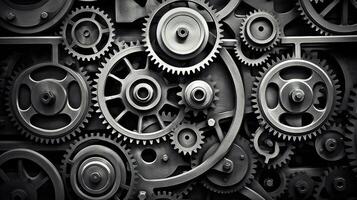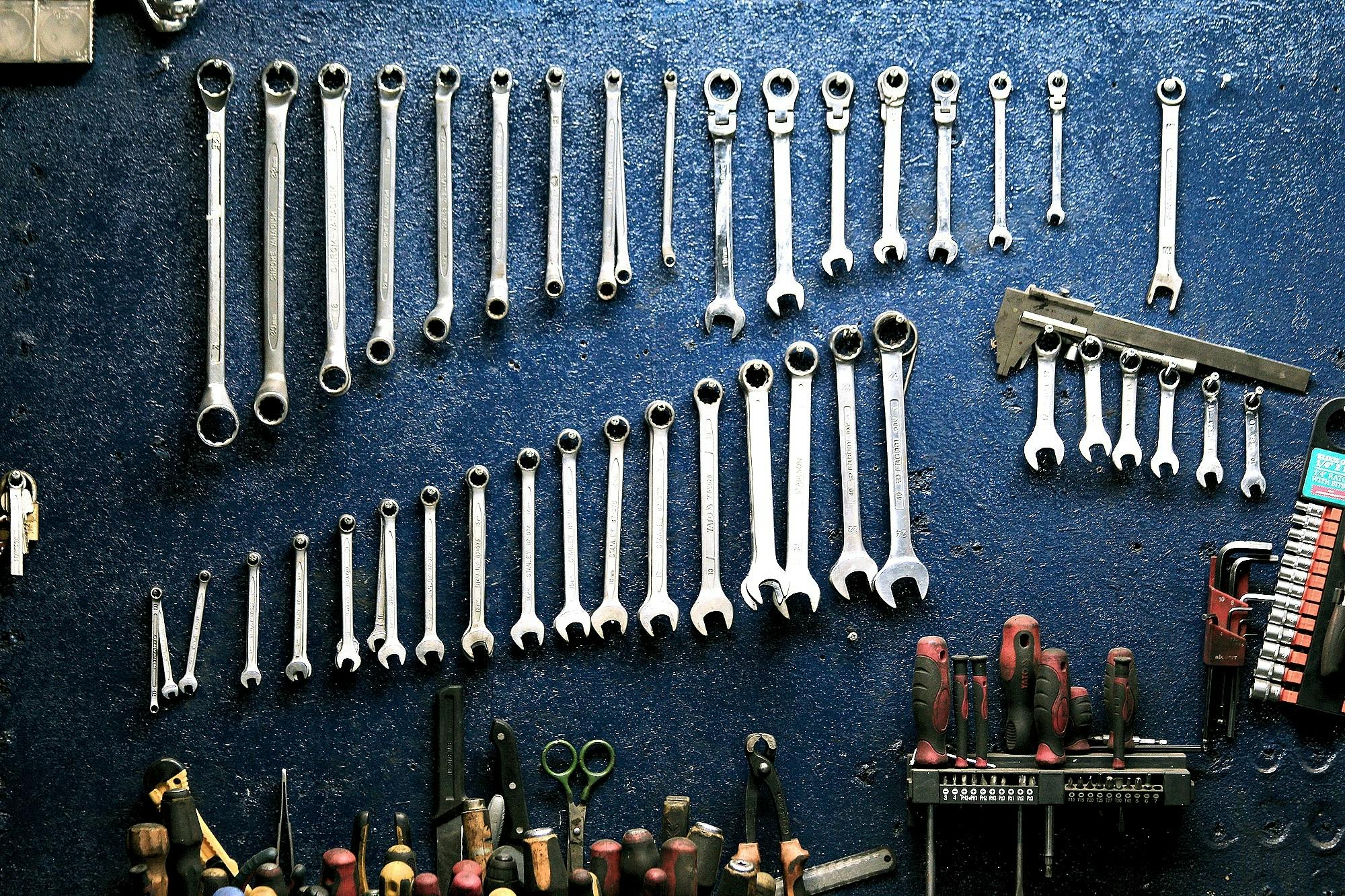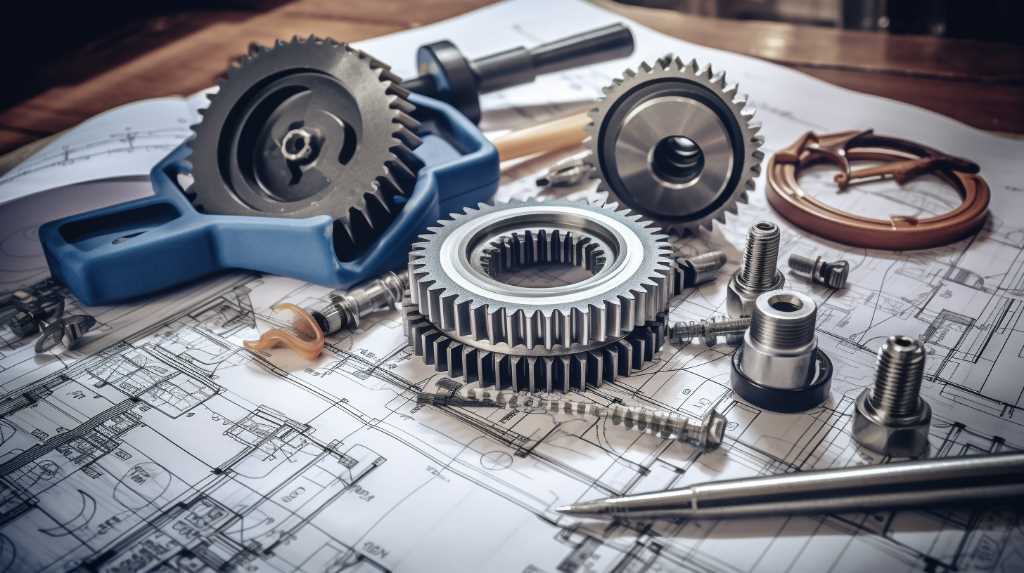1. Introduction
Mechanical engines are machines that convert energy into mechanical work. They are central to many aspects of modern life—from powering vehicles to generating electricity and operating industrial machinery.
2. What is a Mechanical Engine?
A mechanical engine is a device that converts heat or fuel energy into kinetic (motion) energy. It typically consists of various mechanical parts like pistons, cylinders, crankshafts, and valves.
3. Types of Mechanical Engines

a. Internal Combustion Engines (ICE):
-
Fuel burns inside the engine.
-
Common types: petrol (gasoline) and diesel engines.
-
Applications: cars, motorcycles, small generators.
b. External Combustion Engines:
-
Fuel burns outside the engine to produce steam or gas.
-
Example: steam engines.
-
Applications: historical locomotives, early industrial machinery.
c. Electric Engines (Motors):
-
Convert electrical energy into mechanical energy.
-
Though not a combustion engine, it's often studied in parallel.
-
Applications: electric vehicles, fans, appliances.
4. Working Principle of an Internal Combustion Engine
-
Intake Stroke: Air-fuel mixture enters the cylinder.
-
Compression Stroke: The piston compresses the mixture.
-
Power Stroke: A spark ignites the fuel, causing an explosion that pushes the piston down.
-
Exhaust Stroke: Burnt gases are expelled from the cylinder.
This cycle (known as the Otto cycle for petrol engines) repeats rapidly, generating continuous motion.
5. Key Components
-
Cylinder: The space where fuel combustion occurs.
-
Piston: Moves up and down to transfer energy.
-
Crankshaft: Converts the piston's motion into rotary motion.
-
Spark Plug: Ignites the air-fuel mixture in petrol engines.
-
Valves: Regulate intake and exhaust gases.
6. Applications of Mechanical Engines
-
Transportation (cars, trucks, aircraft)
-
Power generation
-
Industrial machinery
-
Marine propulsion systems
7. Conclusion
Mechanical engines are vital in powering machines and vehicles. Understanding their basic operation and components is crucial for any aspiring mechanical engineer. As technology advances, engines continue to evolve toward higher efficiency and sustainability.

You must be logged in to post a comment.